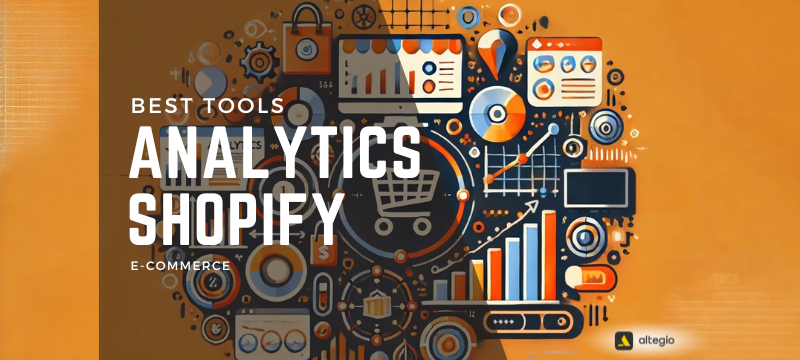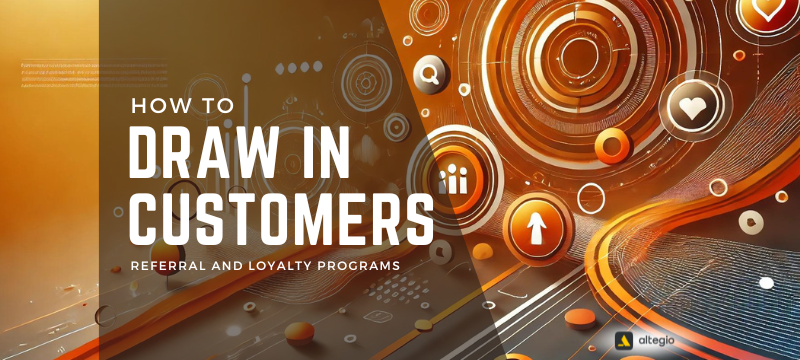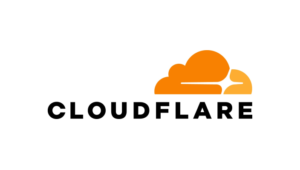Running a successful Shopify store involves more than just offering great products and a user-friendly site. To truly excel, harnessing data analytics is essential for understanding customers, tracking performance, and optimizing business strategies.
How to Choose the Right Tool
Selecting the right analytics tool for your Shopify store involves several critical factors. The foremost priority should be on ensuring precise data and a proven methodology. A sleek interface is worthless if the data is inaccurate and unreliable for making informed decisions. Accurate data is key to deriving actionable insights that drive business growth.
Business Needs and Goals:
- Identify key metrics crucial for your business.
- Look for tools with features that align with your specific goals.
Data Accuracy:
- Ensure the tool provides precise, reliable data.
- Look for proven methodologies that validate the accuracy of the insights.
Integration Capabilities:
- Choose a tool that integrates seamlessly with Shopify and other platforms.
- Ensure it can consolidate data from multiple sources for a comprehensive view.
Customization and Flexibility:
- Opt for tools that allow custom reports and dashboards tailored to your needs.
- Ensure the tool can scale with your business and handle increasing data complexity.
Support and Resources:
- Check for reliable customer support and documentation.
- Ensure the availability of tutorials and training resources to help you maximize the tool’s potential.
Best Analytics Tools for Shopify
1. Google Analytics

Overview: Google Analytics is a robust, free tool that provides comprehensive insights into website traffic and user behavior. Widely used by e-commerce businesses, it offers robust tracking capabilities and integrates well with other Google services like Google Ads and Google Search Console.
Key Features:
- Detailed Traffic Analysis: In-depth information about website visitors, including geographic location, devices used, and site interactions.
- E-commerce Tracking: Monitor product performance, sales, conversion rates, and revenue.
- Customizable Reports: Create tailored dashboards and reports to track key metrics.
- Integration with Google Services: Combine data from various Google services for a comprehensive marketing performance view.
Pricing: The standard version is free, while Google Analytics 360 offers additional features and support, with pricing based on specific needs and scale.
Pros:
- Extensive data collection and reporting features.
- Easy integration with other Google services.
- Free for most businesses.
Cons:
- Steep learning curve for beginners.
- Requires manual setup for advanced e-commerce tracking.
- Doesn’t provide actionable advice based on the analysis.
- Algorithms like HyperLogLog++ provide approximate data, making decision-making harder.
Best For: Tech-savvy businesses looking for a free solution with detailed traffic analysis.
2. Rick.ai

Overview: Rick.ai is an end-to-end analytics tool tailored for Shopify stores. It provides detailed insights into customer behavior, sales trends, and marketing effectiveness, aiding store owners in making informed decisions.
Key Features:
- Sales and Marketing Performance: Track the performance of sales and marketing campaigns with detailed reports and dashboards.
- Advanced Customer Segmentation: Group customers based on purchase history, behavior, and demographics.
- Customizable Dashboards: Create dashboards to track key metrics and share them with your team.
- Unique Algorithms: Utilizes in-house developed algorithms to correct channel attribution errors and provide clearer customer interaction insights.
Pricing: Offers flexible pricing plans based on business size and needs.
Pros:
- Tailored specifically for Shopify users.
- Comprehensive data insights and predictive analytics.
- Supportive “Care team†assists from integration to decision-making.
Cons:
- Strength lies in table-based analytics with fewer visual graphics.
- Limited integration options compared to more established platforms.
Best For: Businesses seeking advanced analytics, insights, and strong support.
3. Shopify Analytics

Overview: Built into the Shopify platform, Shopify Analytics offers a suite of tools and reports to help store owners understand their business performance.
Key Features:
- Ready-made Reports: Over 60 built-in reports and dashboards covering sales, customer behavior, marketing, and inventory.
- Real-time Data: Monitor sales, orders, and online store sessions as they happen.
- Customer Insights: Detailed customer reports to analyze buying behaviors, demographics, and lifetime value.
- Financial Reports: Track sales, taxes, and payments.
Pricing: Included with all Shopify plans, ranging from $39 to $399 per month. Report detail and customization depend on the plan.
Pros:
- Seamlessly integrated with Shopify.
- User-friendly interface tailored for e-commerce.
- Real-time reporting.
Cons:
- Limited customization compared to standalone tools.
- Advanced reports available only on higher-tier plans.
- Challenging to link sales with specific channels and campaigns.
Best For: Shopify store owners seeking a seamless, straightforward analytics solution.
4. Triple Whale

Overview: Triple Whale is a comprehensive analytics tool designed for e-commerce businesses, consolidating data from multiple sources into a centralized dashboard.
Key Features:
- Centralized Dashboard: Unified view of marketing and sales data from various channels.
- Customer Journey Tracking: Track customer journeys across different touchpoints.
- Conversion Tracking: Measure the effectiveness of marketing campaigns and identify top-performing channels.
- Customizable Reports: Create and customize reports based on key business metrics.
Pricing: Free option available; plans start at $129 per month, scaling based on features and data volume.
Pros:
- Centralized view of all marketing and sales data.
- User-friendly and customizable interface.
- Effective for tracking multi-channel performance.
Cons:
- Higher pricing compared to other alternatives.
- May require a learning period to fully utilize all capabilities.
Best For: E-commerce businesses needing a centralized view of multi-channel performance with customizable reports.
5. Polar Analytics

Overview: Polar Analytics consolidates data from multiple marketing channels into one place, providing comprehensive insights to e-commerce businesses.
Key Features:
- Unified Dashboard: User-friendly dashboard consolidates data from various sources.
- Custom Reports: Create reports based on specific business needs.
- Real-Time Data: Real-time insights into store performance.
- Automated Alerts: Notifications for significant changes in metrics.
Pricing: Free plan available with basic features; paid plans start at $119 per month.
Pros:
- User-friendly interface with easy-to-understand dashboards.
- Consolidates data from multiple marketing channels.
- Real-time insights and automated alerts.
Cons:
- Focused on table-based analytics with fewer graphical visualizations.
- Higher pricing for advanced features.
Best For: E-commerce businesses looking for a comprehensive tool to consolidate and analyze data from multiple marketing channels, with a focus on real-time insights and custom reporting.
Conclusion
Selecting the right analytics tool for your Shopify store is crucial for understanding your customers, optimizing strategies, and driving growth. By focusing on accurate data, integration capabilities, customization options, and reliable support, you can choose a tool that aligns with your business needs and helps achieve your goals. Whether you opt for Google Analytics, Rick.ai, or another powerful platform, making data-driven decisions will propel your Shopify store to success.
We recommend reading Top 10 Drag-and-drop Email Builders in 2024 to improve your emails and boost conversions for your Shopify store
Additionally, check out Top 10 Customer Support Platforms for Small Businesses in 2024 to handle customer inquiries efficiently, achieve great reviews, and stay ahead of the competition.








